Are you experiencing tender, swollen gums? Maybe you’ve noticed bleeding while brushing or flossing? These could be signs of gum disease, a common oral health issue that affects millions of Americans.
We understand the impact gum disease can have on your smile and overall well-being at Flax Dental. Renowned dentist Dr. Hugh Flax knows that gum disease is much more serious than an inconvenience when flossing. Over time, you can experience significant side effects and health risks.
We want patients to be well-informed about gum disease and its risks to their health. We educate our patients on the signs of gum disease at our Sandy Springs dental office, and how to prevent it. Our dental office also provides restorative dentistry treatments to the public in Sandy Springs, Atlanta, GA.

What Causes Gum Disease?
Gum disease, also known as periodontal disease, typically begins with the buildup of plaque, a sticky film of bacteria, on your teeth. When not removed through proper brushing and flossing, this plaque hardens into tartar. This leads to irritation and inflammation of the gums. Common factors that contribute to gum disease include:
- Poor oral hygiene habits
- Smoking or tobacco use
- Genetics
- Hormonal changes, such as during pregnancy or menopause
- Diabetes or other systemic illnesses
- Certain medications
Long-Term Effects on Overall Health
Gum disease is not just a concern for your oral health, it can also impact your entire body. Research has linked gum disease to several systemic conditions, including:
- Heart Disease: Gum disease can lead to inflammation in the gums, which allows bacteria to enter the bloodstream. This can potentially lead to cardiovascular problems like heart disease and an increased risk of heart attacks.
- Diabetes: Gum disease can make it harder to control blood sugar levels in those with diabetes. The inflammation and infection can affect insulin resistance and lead to elevated blood sugar levels.
- Respiratory Problems: Inhaled bacteria from gum disease can reach the lungs, potentially causing respiratory infections.
- Pregnancy Complications: Gum disease has links to an increased risk of premature birth, low birth weight, and preeclampsia. Timely treatment helps preserve your smile and contributes to your overall health and well-being. Gum disease is not just a localized oral health issue because it can have far-reaching effects on your overall well-being.
Gum Disease Treatment Options in Atlanta, GA
Early stages of gum disease, known as gingivitis, can often be reversed with professional cleanings and improved oral hygiene at home. However gingivitis can progress to periodontitis without treatment. Periodontitis is a more severe form of gum disease that requires intervention.
Flax Dental offers state-of-the-art treatment options, including dental lasers for gum disease management in Sandy Springs. Laser dentistry provides precise, minimally invasive procedures with remarkable results. Here’s how it works:
- Gum Contouring: Dental lasers can reshape gum tissue, correcting an uneven gum line and improving the appearance of your smile.
- Pocket Reduction: Laser technology targets and eliminates bacteria from deep gum pockets, promoting healing and preventing further damage to the surrounding tissue.
- Gum Disease Therapy: Our advanced laser systems effectively remove infected tissue while stimulating the regeneration of healthy gum tissue.
Dr. Flax and our expert team will tailor a treatment plan to address your specific needs, ensuring a comfortable and efficient experience.
FAQs About Gum Disease
How do I know if I have gum disease?
Common signs include red, swollen, or tender gums, bleeding while brushing or flossing, persistent bad breath, receding gums, and loose teeth.
Is gum disease reversible?
In its early stages (gingivitis), gum disease is reversible with professional cleanings and improved oral hygiene. However, advanced stages (periodontitis) require intervention to manage and control.
Are dental lasers safe for treating gum disease?
Yes, dental lasers are safe and effective for treating gum disease. They offer precision, minimal discomfort, and faster healing than traditional methods.
Can I prevent gum disease?
Maintaining good oral hygiene practices, including brushing twice daily, flossing daily, and scheduling regular dental check-ups, can reduce your risk of gum disease.
